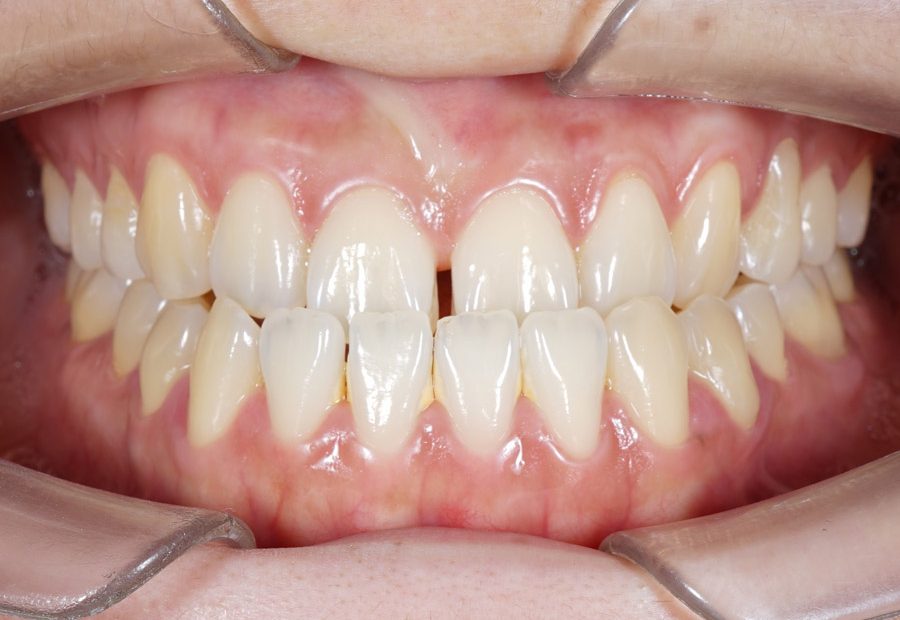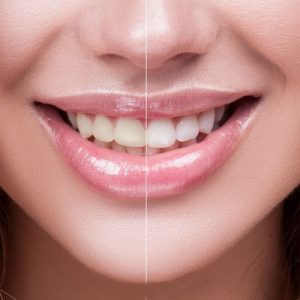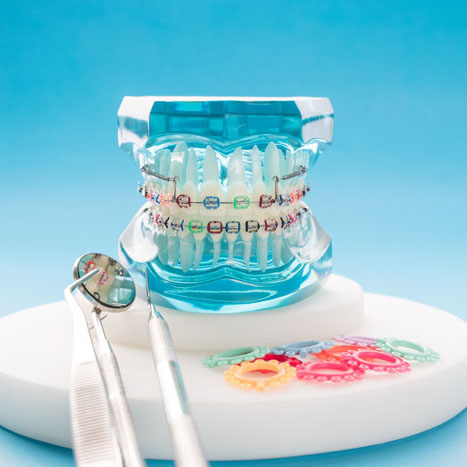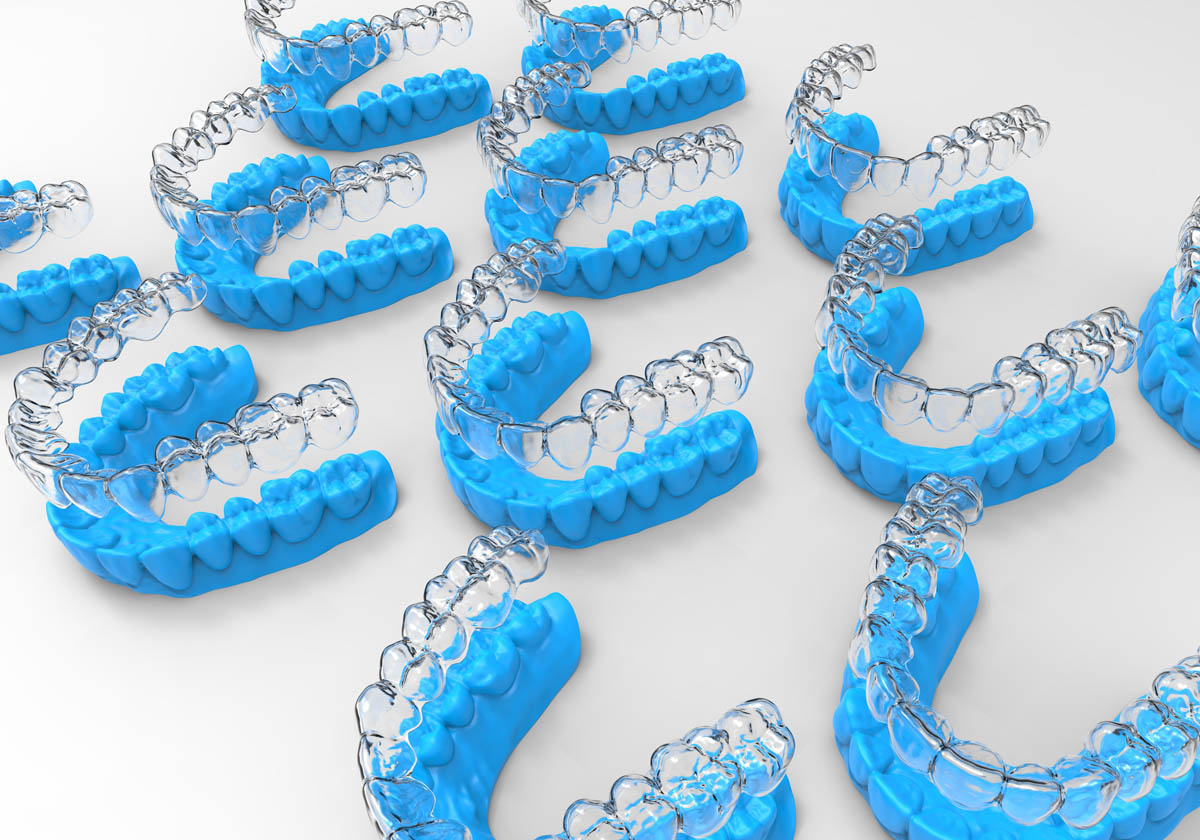Crossbite is a dental condition in which the upper and lower teeth do not align properly when the jaws are closed. This can cause difficulty biting and chewing, and can lead to a number of oral health problems if left untreated.
There are several causes of crossbite. Genetics can play a role, as some people are more likely to develop the condition due to inherited jaw or tooth structure. Thumb-sucking or other habits that put pressure on the teeth and jaws can also cause crossbite. Injuries or abnormalities in jaw growth can also be a factor.
Symptoms of crossbite can include difficulty biting and chewing, jaw pain, and uneven wear on the teeth. In some cases, the condition can also lead to problems with speech and breathing.
Treatment for crossbite typically involves orthodontic intervention, such as braces or Invisalign. In more severe cases, surgery may be necessary to correct the problem.
It’s important to address crossbite as soon as it’s diagnosed, as the condition can lead to a number of oral health problems if left untreated. This includes jaw pain and headaches, tooth decay, and even tooth loss.
If you suspect that you or a loved one may have crossbite, it’s important to consult with a dentist or orthodontist as soon as possible. With early diagnosis and treatment, it’s possible to correct the problem and maintain good oral health.
How is a crossbite corrected?
Crossbite is typically corrected through orthodontic treatment, such as braces or Clear Aligners. The specific treatment plan will depend on the severity of the crossbite and the underlying cause.
Braces: The use of traditional metal or ceramic braces can help to reposition the teeth and correct the bite. The orthodontist will place brackets and wires on the teeth, which will be adjusted over time to gradually shift the teeth into the proper position.
Invisalign: This is a clear, removable aligner that is custom-fit to the patient’s teeth. The aligner applies a gentle pressure to the teeth, gradually moving them into the correct position over time.
Surgery: In some cases, crossbite may be caused by an underlying jaw problem, such as an underdeveloped or misaligned jaw. In these cases, surgery may be necessary to correct the problem. For example, maxillomandibular advancement surgery, is a surgical procedure that can be used to correct severe crossbite caused by a small jaw or malocclusion.
It’s important to note that the treatment for crossbite can vary greatly depending on the individual case, and the patient’s age, overall health, and the severity of the crossbite. The treatment plan will be determined by an Orthodontist or a Oral and maxillofacial surgeon after a thorough examination and diagnosis.
Do you need to correct a crossbite?
Crossbite is a dental condition that can cause difficulty biting and chewing, jaw pain, and uneven wear on the teeth. In some cases, it can also lead to problems with speech and breathing.
If left untreated, crossbite can lead to a number of oral health problems, such as jaw pain and headaches, tooth decay, and even tooth loss. It also can cause problems with the temporomandibular joint (TMJ) which is responsible for the movement of the jaw.
Therefore, in most cases, it is recommended to correct crossbite to prevent these issues and maintain good oral health. It’s important to address crossbite as soon as it’s diagnosed by consulting with a dentist or orthodontist.
However, in some cases, the crossbite may be minor and not causing any symptoms, In these cases, the orthodontist or dentist may decide not to treat it, or may recommend to monitor the condition and revisit it later.
It’s important to note that the treatment for crossbite can vary greatly depending on the individual case, and the patient’s age, overall health, and the severity of the crossbite. The treatment plan will be determined by an Orthodontist or a Oral and maxillofacial surgeon after a thorough examination and diagnosis.
How much does corrective treatment cost?
The cost of corrective treatment for crossbite can vary depending on several factors, such as the severity of the condition, the type of treatment chosen, and the location of the practice.
Braces: The cost of traditional metal or ceramic braces can range from $2,995* to $5,995 or more, depending on the length of treatment and the location of the practice.
Invisalign: The cost of Invisalign can range from $5,995 .
Surgery: The cost of surgery to correct crossbite can vary widely, depending on the type of surgery performed, the location of the practice, and the patient’s insurance coverage.
It’s important to note that orthodontic treatment is often covered by dental insurance, so it’s a good idea to check with your insurance provider to find out what your policy covers. Some insurance plans may cover a portion of the cost, while others may cover the entire cost.
*With Forever Aligned Club membership and Insurance




